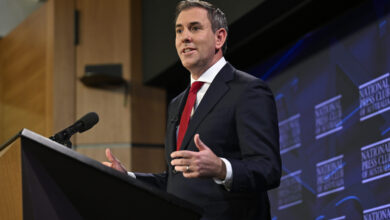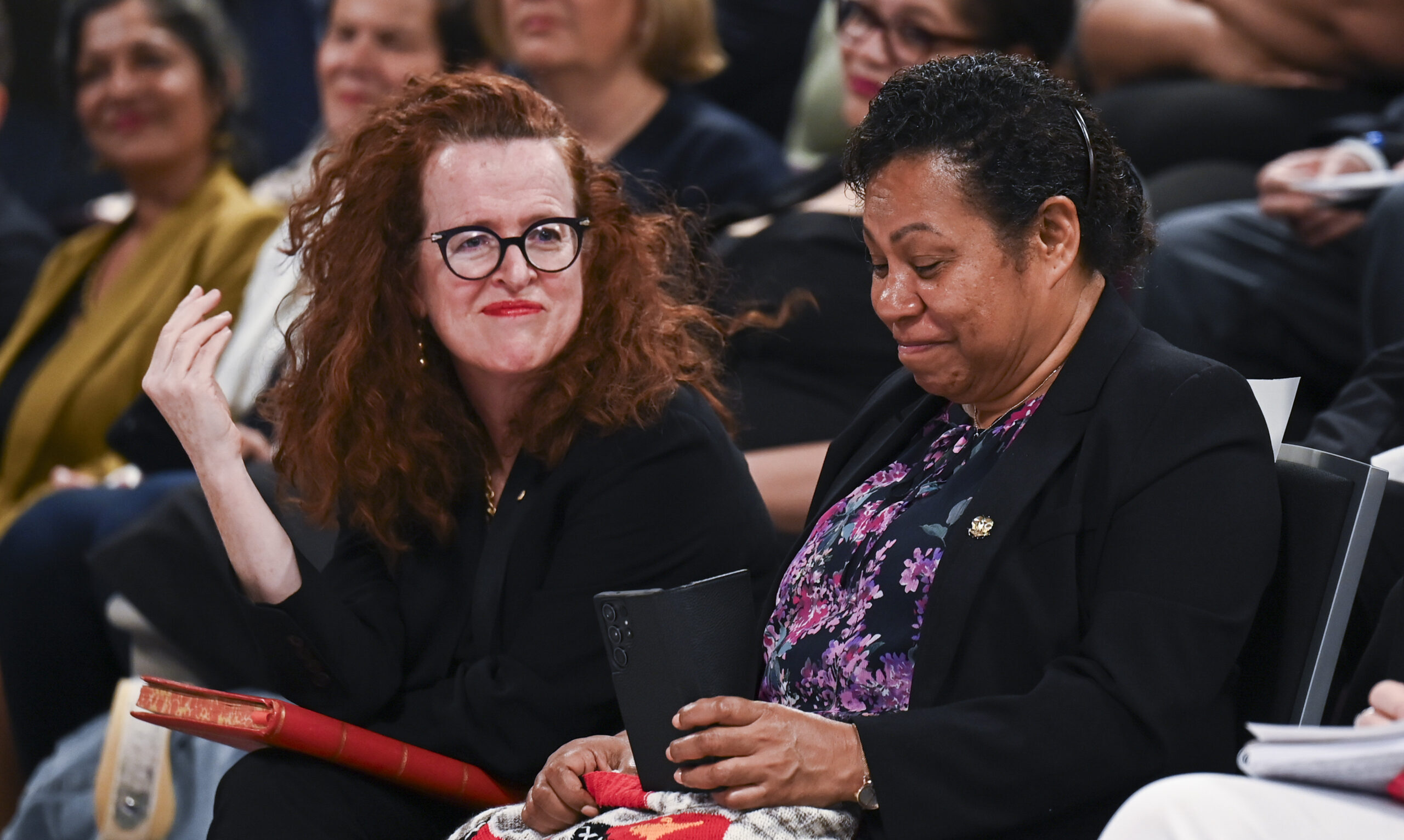Policy & ReformTop Stories
Universities Accord final report released

The Universities Accord final report released on Sunday called for a major shakeup of the higher education sector that would prioritise accessibility and double the number of university places to 1.8m by 2050.
Please login below to view content or subscribe now.





